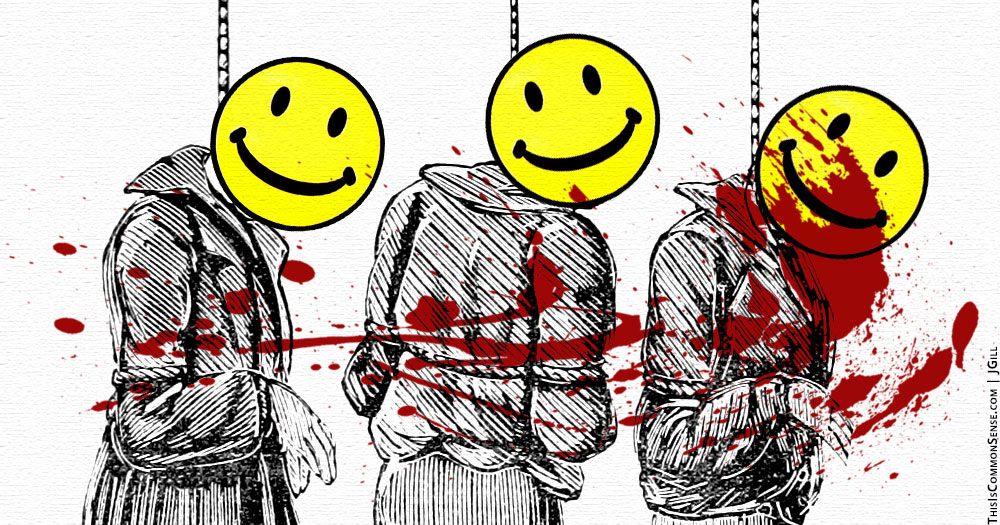“Politicians are notorious for making promises they can’t keep,” Matt Egan reports at CNN Money. “But they really outdid themselves in Illinois — and now the state is paying for it.”
Egan dubs the state “America’s most messed-up.”*
No wonder the state has the worst outbound migration in the nation — or, as Egan puts it: “people are leaving in droves.”
On June 1, Moody’s and S&P Global Ratings downgraded the state’s credit rating to one notch above so-called “junk bond” status. “Illinois has suffered 21 downgrades from the three major ratings agencies since 2009,” the Illinois Policy Institute informs, and now has the lowest credit rating of any state, making it more expensive to borrow. Even with passage of a budget — finally, after three years of the legislature failing to fulfill its constitutional duty — the threat of a further downgrade still looms.
“After decades of historic mismanagement, Illinois is now grappling with $15 billion of unpaid bills and an unthinkable quarter-trillion dollars owed to public employees when they retire,” the article explains.
Decades of mismanagement? Perhaps the problem was inexperienced legislators, lacking the necessary expertise to do their crucial jobs, because of term limits. Except that Illinois doesn’t have term limits.
In fact, Illinois sports the nation’s longest-serving Speaker of the House in modern times. Mike Madigan has been speaker for 32 of the last 34 years, since 1983. Call him “Mr. Experience.” Madigan is recognized as the most powerful man in state government.
All that leadership experience . . . leading citizens to experience much pain and suffering.
This is Common Sense. I’m Paul Jacob.
* That’s in the headline. In the article, Egan explains the mess as “the inevitable result of spending more on pensions and services than the state could afford — then covering it up with reckless budget tricks.”










